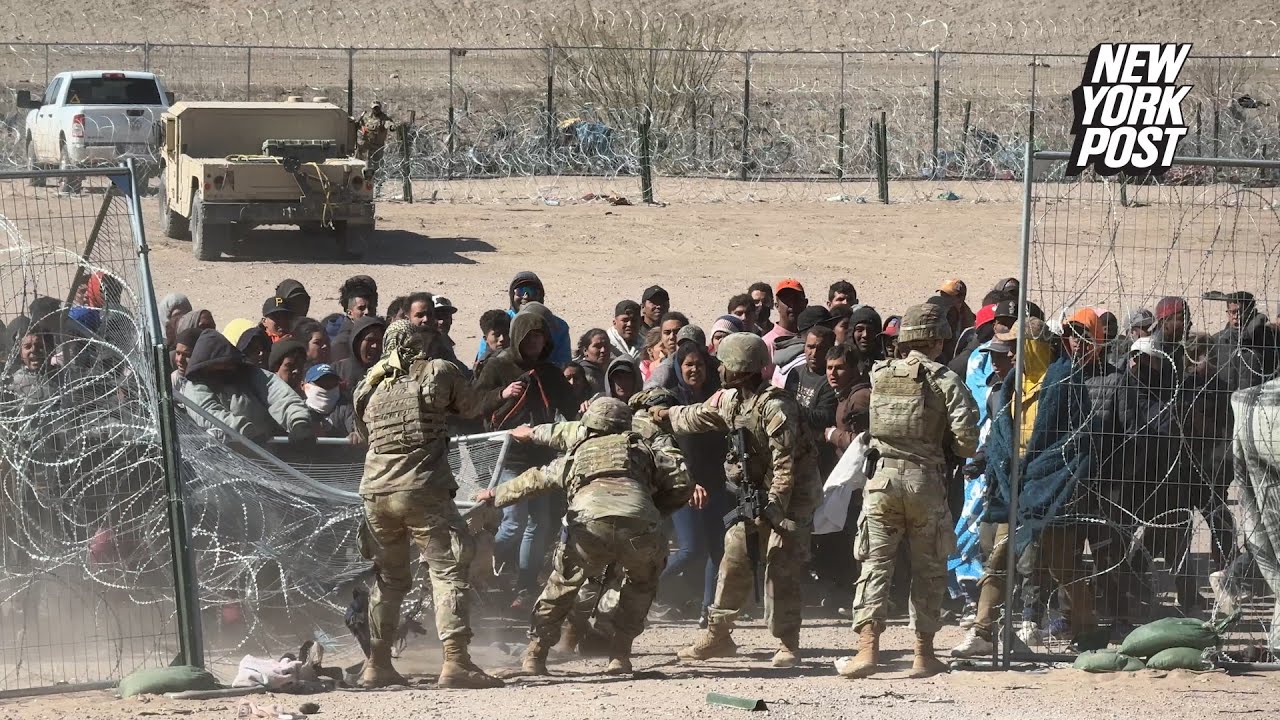
The Wall Street Journal
Rubio Reassures Mexico After U.S. Military Strike Jolts Region
Story by Vera Bergengruen, José de Córdoba, Kejal Vyas
[image]
Secretary of State Marco Rubio meeting with Mexican President Claudia Sheinbaum.© Jacquelyn Martin/Associated Press
MEXICO CITY—Secretary of State Marco Rubio pledged to foster security cooperation and respect Mexico’s sovereignty and territory a day after the U.S. military sank an alleged drug-carrying boat in the Caribbean, a major escalation that rattled regional partners and adversaries alike.
Rubio kicked off his visit to Mexico and Ecuador, two allies in the Trump administration’s war on drugs, meeting with Mexican President Claudia Sheinbaum at the ornate National Palace in Mexico City on Wednesday morning. Bilateral security issues and the war against powerful drug cartels headed the agenda.
“We have reached a historical level of cooperation,” Rubio said at a press conference, praising the transfer of dozens of cartel members wanted by the Trump administration as an example of unprecedented coordination.
After months of negotiations, both countries agreed to establish a high-level bilateral group that would meet regularly to coordinate security matters from countering cartels to eliminating clandestine border tunnels and stemming fuel theft. “Each one in his own territory,” said Juan Ramón de la Fuente, Mexico’s foreign minister.
Even as the attack signaled how far Washington is willing to go in its fight against cartels, the bilateral agreement represents a significant achievement for the Sheinbaum administration, which has been pushing for a framework to handle thorny cross-border security issues. Mexican officials hope that enhanced cooperation could prevent the Trump administration from taking unilateral military action on Mexican soil.
Tuesday’s strike against the speedboat in the Caribbean is meant to serve as a deterrent to traffickers and a message to regional partners on increased counternarcotics efforts, according to U.S. officials. Trump, who has made border security a priority of his second term, designated cartels as foreign terrorist organizations and directed the Pentagon to prepare options to use military force against them.
“If you’re on a boat full of cocaine headed to the U.S., you’re an immediate threat. And the president, under his authority as Commander in Chief, has a right to eliminate imminent threats to the U.S. And that’s what he did yesterday.” Rubio said after meeting with Sheinbaum.
Drug interdictions, as previously carried out, haven’t stemmed the flow of narcotics to the U.S., he said.
U.S. officials say the attack killed 11 alleged members of Venezuelan crime syndicate Tren de Aragua in international waters. It marks the first time the U.S. has acknowledged a military strike against Latin American drug cartels since Trump authorized the Pentagon to use force against them earlier this year. The operation follows the deployment of U.S. warships to the south Caribbean for antidrug operations.
The attack has drawn praise from some Caribbean officials struggling to combat the smuggling of narcotics, but also fierce rebuke from some regional leaders and rights groups who say the strike amounts to extrajudicial killings. The move, they say, breaks from the standard procedure used by the U.S. Coast Guard for decades, which aims to capture traffickers and bring them to trial rather than kill them.
“Donald Trump ordered a summary execution” by applying the much more permissive rules of war to what is a law enforcement situation, said Kenneth Roth, former executive director of Human Rights Watch, and now a visiting professor at Princeton University.
The stakes are high for Mexico, which has faced threats of unilateral military action and punitive tariffs on Mexican goods. In a testy telephone conversation earlier this year, Trump offered Sheinbaum the deployment of U.S. troops to dismantle Mexican cartels. Sheinbaum turned Trump down and insisted that while Mexico is willing to cooperate on law enforcement efforts and intelligence sharing, no U.S. troops would be allowed inside the country on antinarcotics missions.
During the monthslong security negotiations between the two countries, Mexico has worried that the U.S. would use military force, such as a drone strike, to hit fentanyl labs or kill drug bosses on Mexican territory. Such action risks plunging relations between the two countries into crisis.
Trump has said that Mexico is run by cartels and that he had offered to send in the U.S. military, only to be turned down by Sheinbaum. Sheinbaum said on Wednesday that Mexico isn’t under pressure from Trump to fight cartels and that bilateral cooperation is strong.
Sheinbaum said before meeting with Rubio that both governments share an understanding on the type of joint actions they could take to dismantle Mexican drug cartels and stop the flow of illegal drugs, including the deadly opioid fentanyl, to the U.S.
The Mexican navy is one of the U.S.’s most important partners in stopping the flow of drugs, especially cocaine trafficking through the Pacific, the main corridor for transnational cartels.
But if the U.S. asked Mexico’s navy to open fire on a vessel and kill its crew, it would be against Mexican law and greatly damage the relationship the two militaries have built up, said one senior Mexican naval officer.
Rubio said the Trump administration intends to expand its lethal strikes on drug cartels in the region.
“What will stop them is when you blow them up, when you get rid of them,” Rubio said. “It’ll happen again.”



 YUM!
YUM!